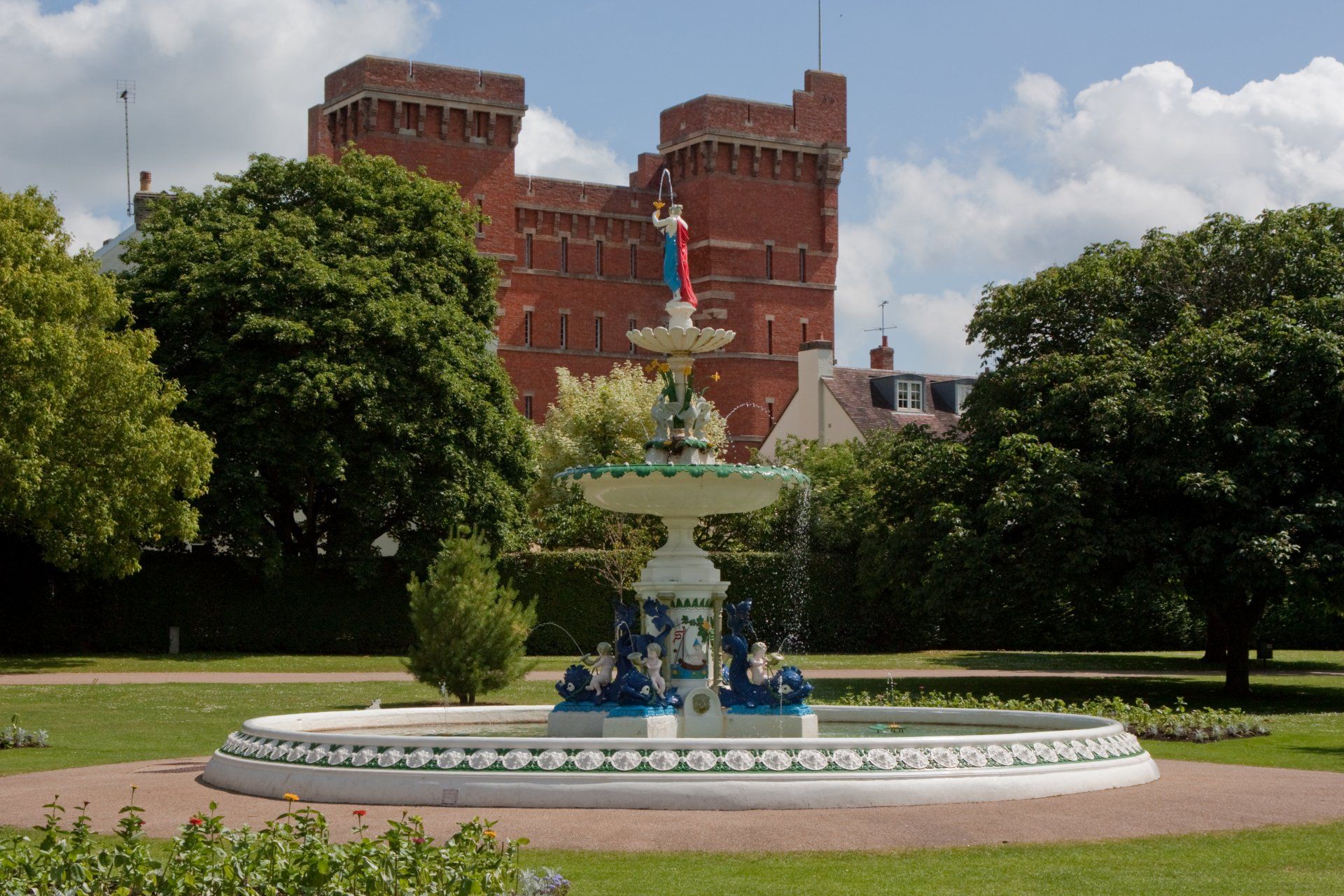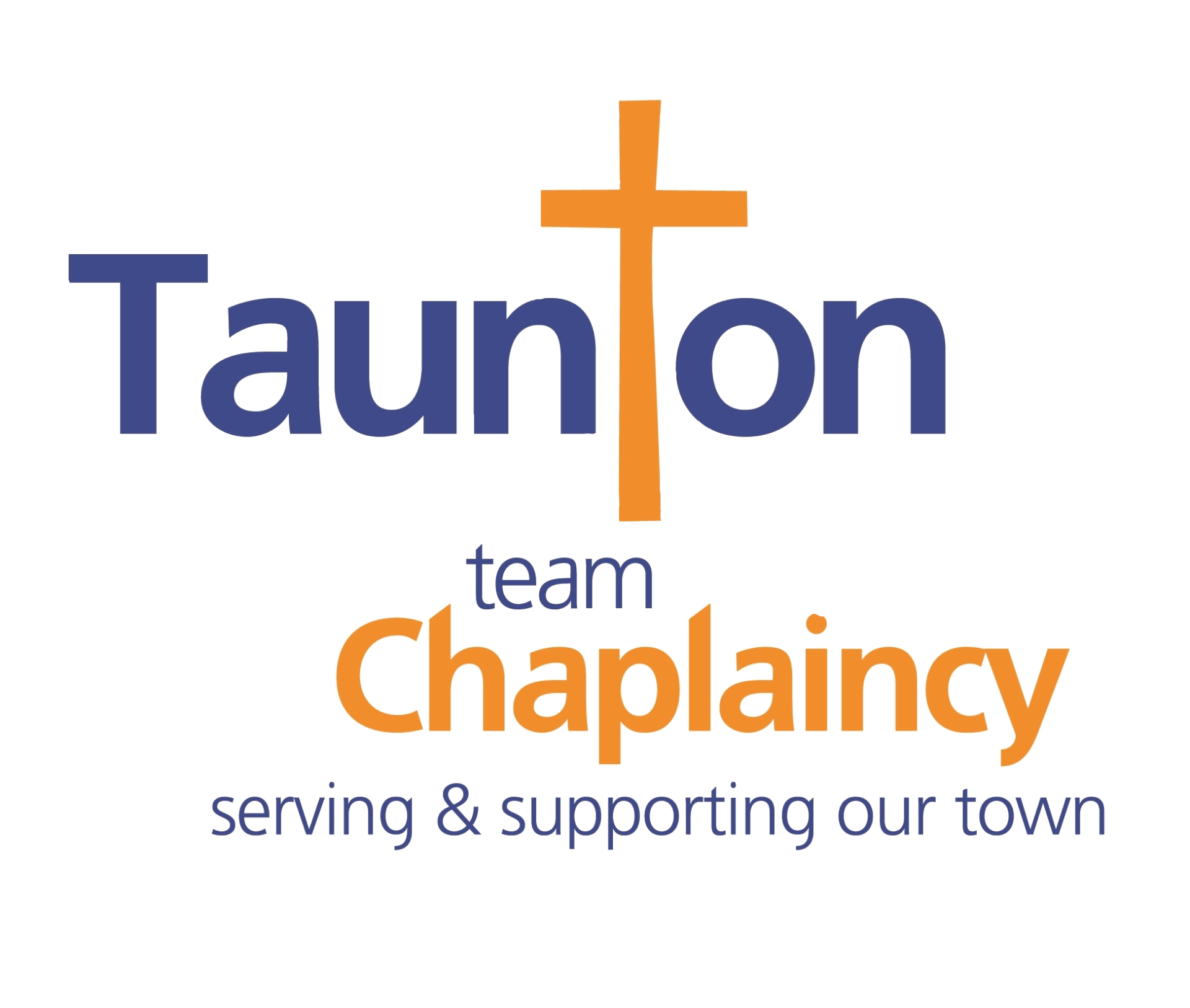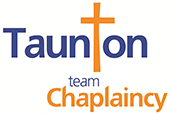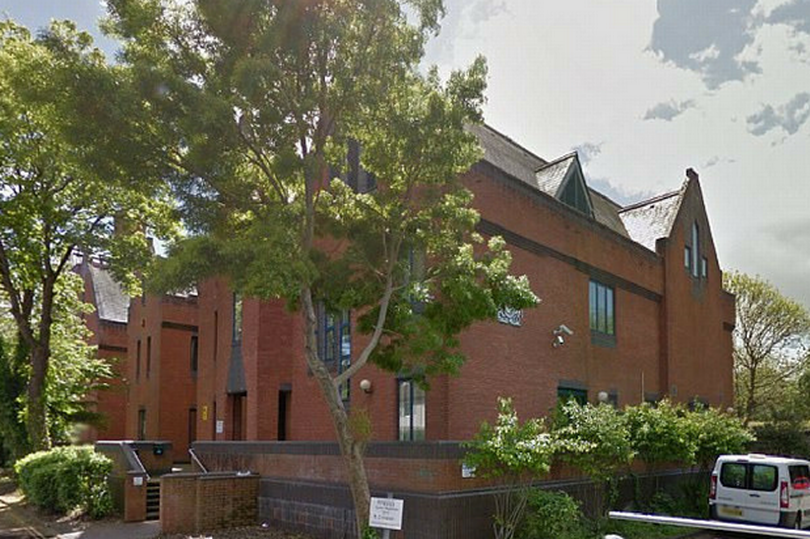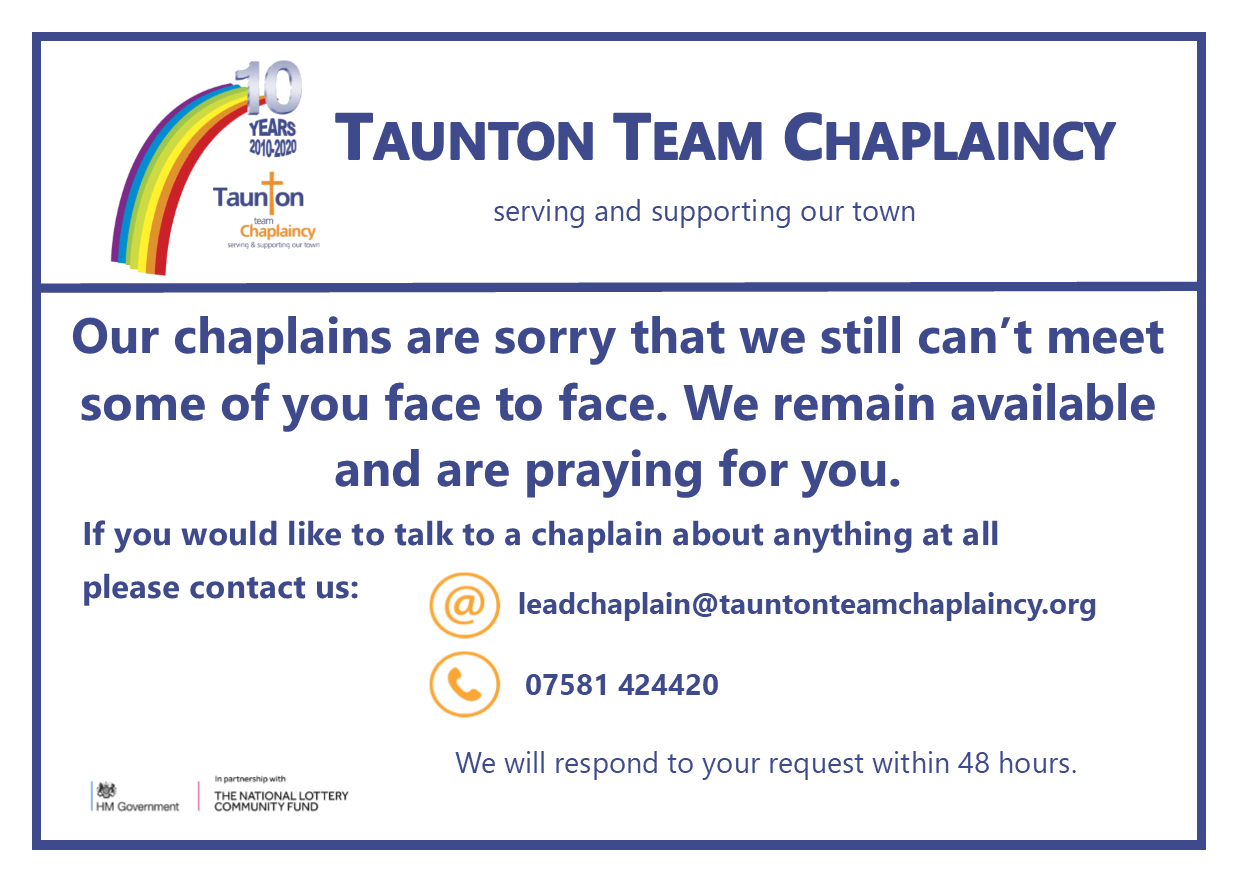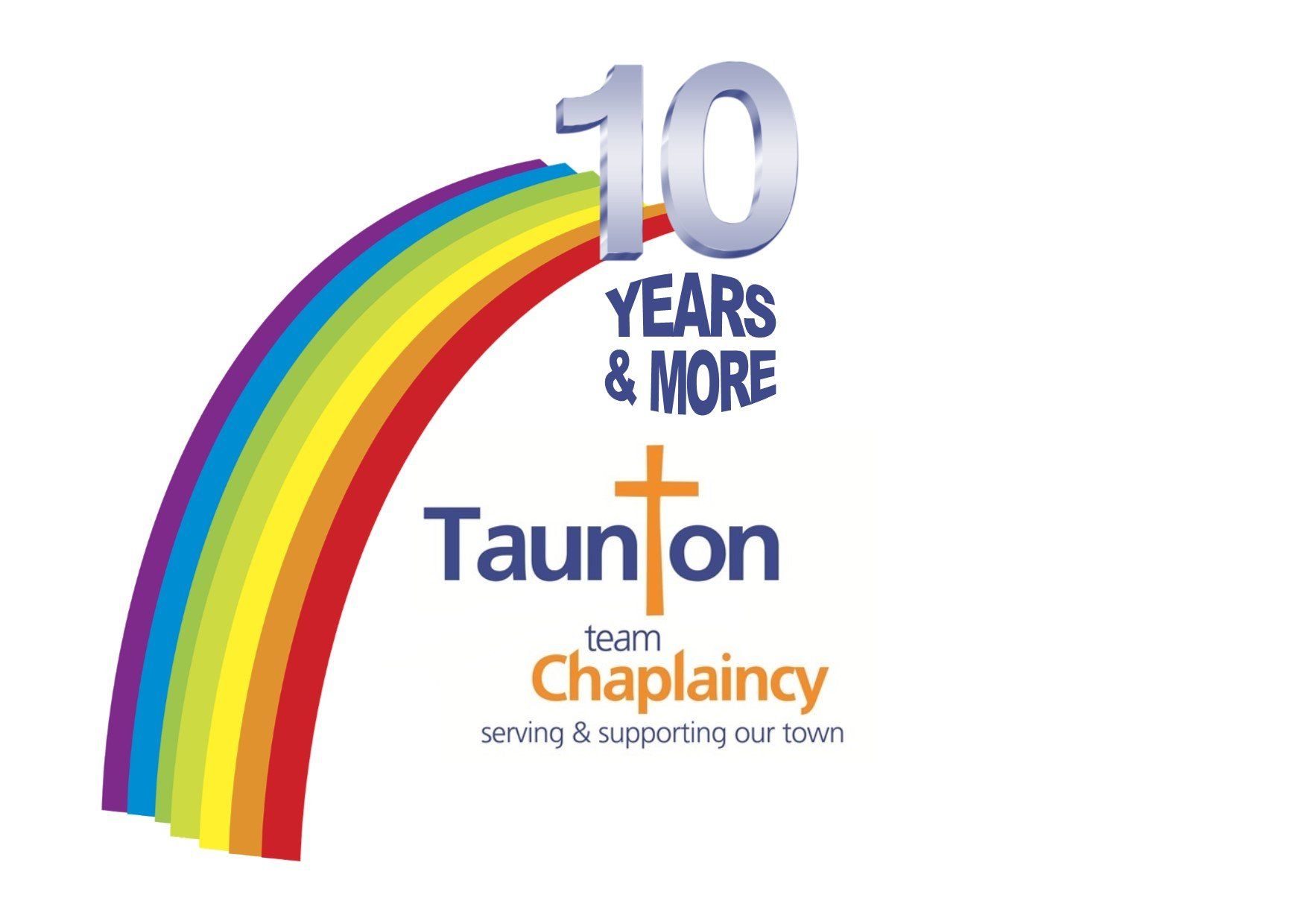I'm not a robot
‘For a time, I believed that mankind had been swept out of existence and that I stood there alone, the last man left alive’. This is a quote towards the end of HG Wells’ sci-fi novel, The War of the Worlds, published in 1898. Some elements of this book made me think about the situation we face today.

The book is about an invasion from Mars. The Martians decide to colonise Earth because of climate change on their own planet. After the invasion near Woking, in a space of four weeks, they lay waste to Surrey and London using their fearsome Heat Rays and Black Smoke. The population flee north in panic, displaying the best and the worst in human behaviour towards one another. At one point the narrator thinks he’s the only person left in London, as described in the quote above.
But the Martians were slain not by the heavy guns brought to bear on them, but by bacteria, to which they had no resistance. As Wells describes it, ‘after all man’s devices had failed, they were slain by the humblest things (bacteria) that God, in his wisdom, had put upon the Earth.’
In the real world, humans have developed resistance to many bacteria, but not all. The most deadly pandemic to hit this country was the bubonic plague (or Black Death) in 1348, in which an estimated 60% of Europe’s population perished. The plague would continue to break out in waves over the next 330 years. Somerset was badly affected. In 1348-1349, it’s thought at least half the population of Taunton may have died.
In his story, Wells remarks that the Martian invasion was ‘not without benefit…it had robbed us of that supreme confidence in the future which is the most fruitful source of decadence.’ Perhaps as we reflect on the current, real life Covid pandemic, it is useful to accept that we don’t have all the answers, either.
Genesis, the first book of the Bible, tells us that God created everything. This must therefore include viruses and bacteria. Apparently, there are 10 million viruses known to us, the vast majority of which our bodies tolerate without problems. About 200 viruses cause disease, including HIV, Ebola and Coronavisuses. So, the question may be asked, why does God allow bad viruses to exist, and not just leave us with the good ones?
Better minds than mine may have theories about that. But I can only think this is not a question we are capable of answering. Because God is sovereign over all of us. We were made in God’s image, but not equal to Him.
We are not robots on this Earth. We were given free will, which means we are capable of doing both good and evil. Doing good includes loving one another as Jesus commanded. In the context of Covid, in my opinion, this must include having vaccinations, obeying the Public Health advice and helping those who are suffering.
When I make an online purchase, I’m often asked to tick a box to confirm ‘I’m not a robot.’ Apparently, the reason for this is to deter scammers. Perhaps when we are asked to tick this box, it could be a prompt to thank God that we are indeed not robots and to pray that we would love our neighbour as Jesus requires.
When I look at the stonework in our ancient church in Taunton, I think about the countless prayers that have been offered to God down the centuries, and visualise those prayers having seeped into the masonry. There are wooden plugs in some of the pillars; in my imagination I think they may be holding those prayers in! Knowing that generations of Tauntonians have prayed here before, is one reason why an ancient church like ours is a special place for me. From the Middle Ages, for example, prayers would have been said here for deliverance from plagues, at a time when medicine was not as advanced as it is today.
Jesus reminds us that ultimately, we are all dependant on God’s grace, and our faith in that fact. This holds true, irrespective of the century in which we live and however good medical advances are. That will never change.
We had a poster displayed in our Chaplaincy office at the Market House which said this:
There are three kinds of people in life:
· Those who have been through a storm
· Those who are in a storm
· Those who are about to go into a storm
For finding comfort during Covid today, someone helpfully wrote this:
Peace doesn’t come from finding a lake with no storms; it comes from knowing Jesus is in your boat.
